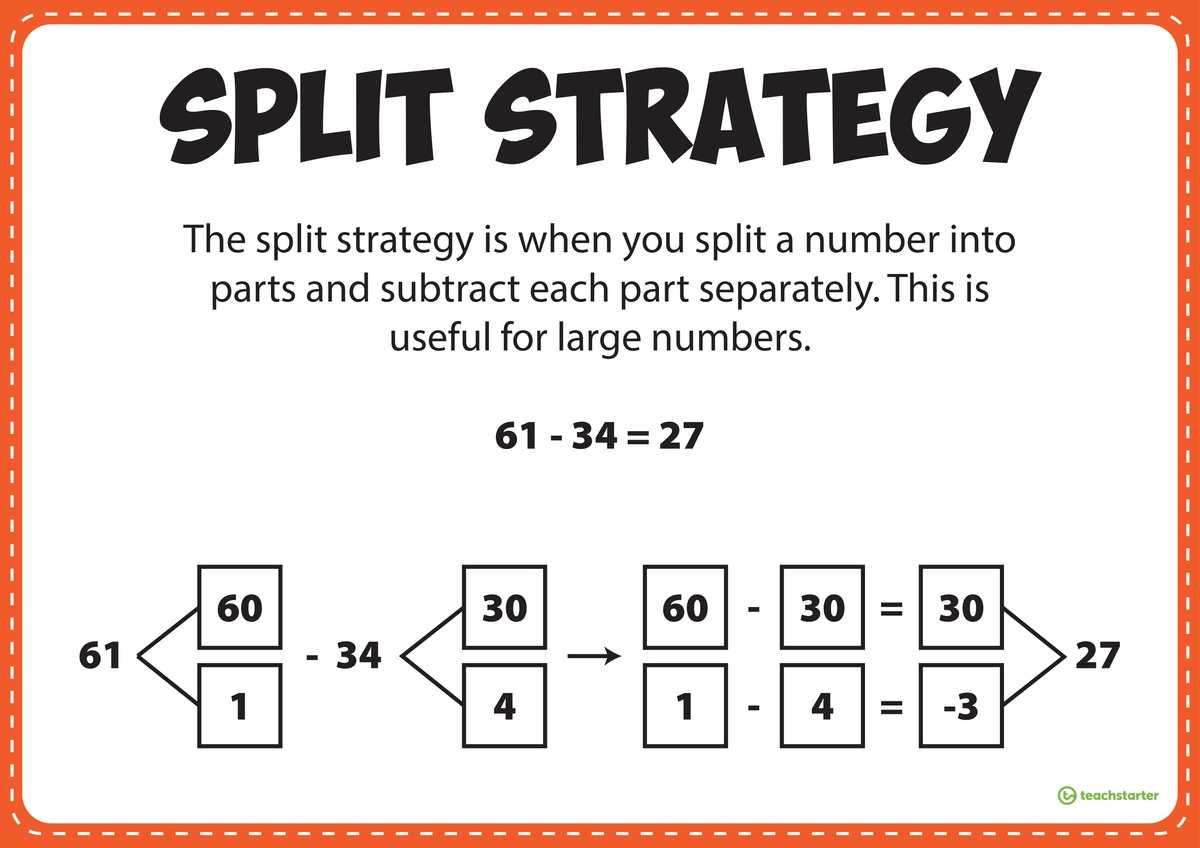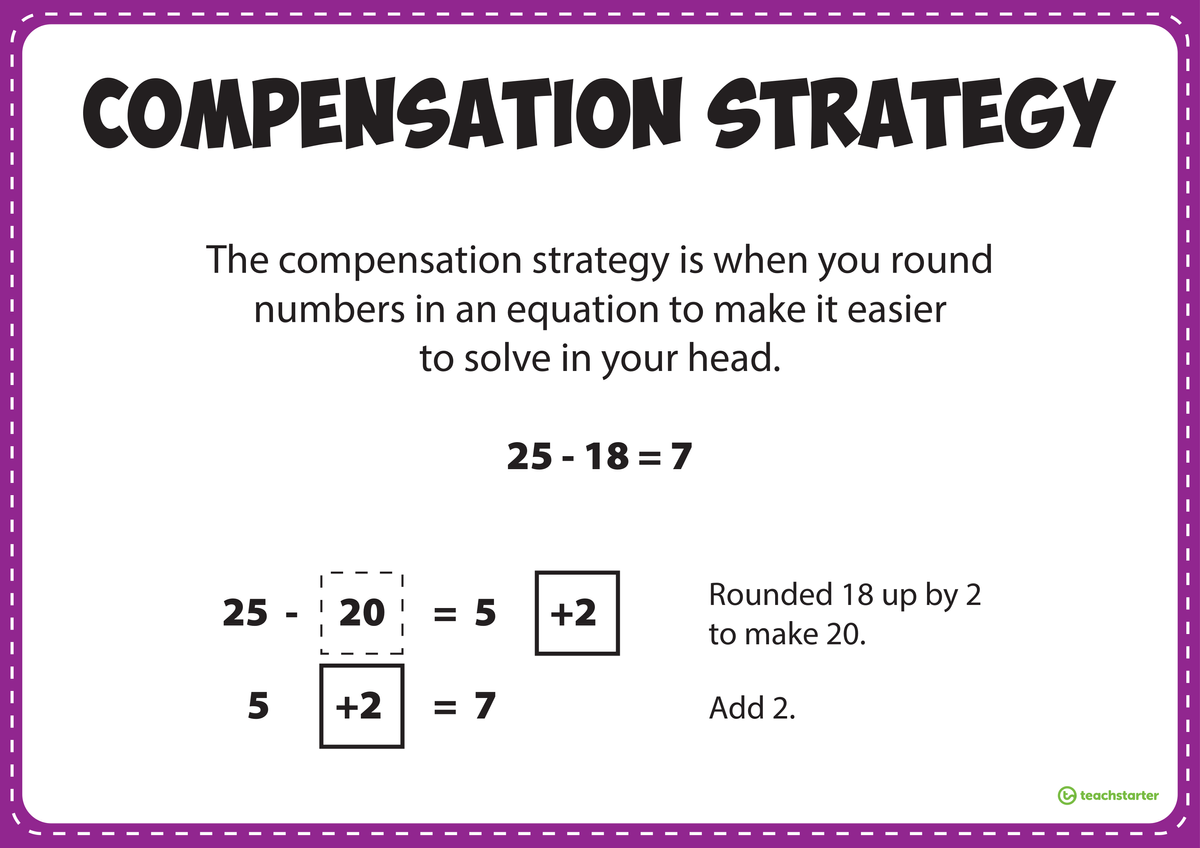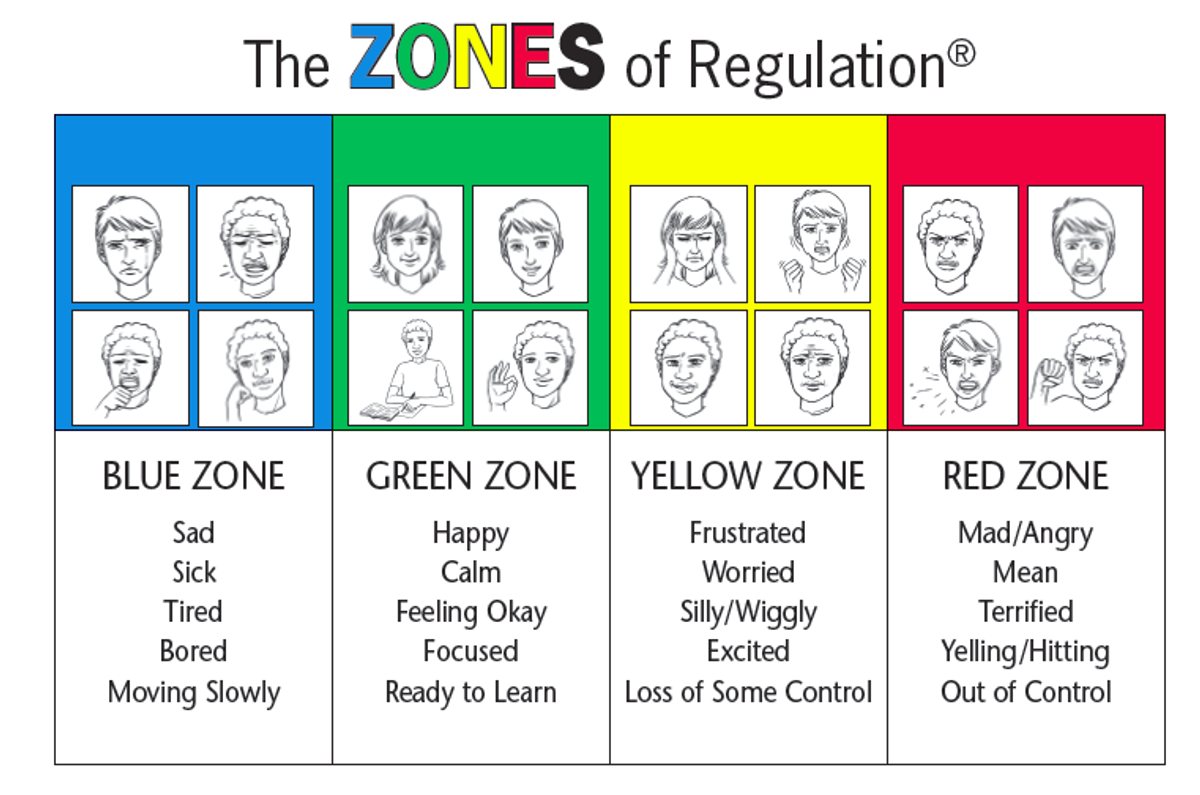Grade 2 Week 3 Home Learning Snapshot

Home learning updates
Dear Parents,
Thank you for your ongoing support with our home learning. We are feeling positive about our use of Seesaw and Google Meets and all the teachers are enjoying reading, listening to and watching the student work that has been produced.
We understand that parents are behind the scenes making all of this possible and wish to thank you for your tremendous efforts.
Our learning specialists, Heather Jenkins and Zoe Picton, published an article about Home Learning Support for Parents on Compass on April 23rd. We would like to highlight these key points:
- you don't need to complete all the activities, especially if this is causing stress, pressure or conflict at home
- find a system that works for your family
- please read aloud to your children - it's simple and effective.
The Grade Two team would also like you thank you for your feedback and encourage you to get in contact if you have concerns. We can help you to modify the program or use this feedback to improve and simplify our approach. Teachers are used to planning thoroughly in advance, but monitoring and modifying on the go. Parents have stepped into this later part of the role. If you need to make a substitution, do a task across two days, focus on one key part of the task or instruction, or abandon a sinking ship, please go for it. This is a temporary situation and all we can ask is for the most positive outcome for each family.
Reading
This week we are beginning our two week unit learning about procedural texts. The children will be learning that the purpose of a procedural text is to instruct. They will be learning the how to identify a procedural text by its features and structure.
We will begin by reading instructions to make a science experiment for out Unit of Inquiry about water. We will then learn to read recipes. Children will need to read and identify the structure of the procedural text: Headings, subheadings, pictures, ingredients and steps. We will be looking at language features such as action verbs and present tense. At the end of the week the students will be viewing a procedural video.
If it is possible at home, this would be well supported by following recipes to help cook a meal at home or reading instructions to a game.
Remember that students can always log on to Epic or Storybox to locate stories for extra reading activity and practise. They could continue reading fiction texts for enjoyment and continue to practise skills from last week, such as to retell the story using the prompter that the students created.
Write 2 Read
Students will continue to practise their codes along with a video daily. We will also be continuing to develop our skills in using the spelling tools and meeting our first rule, that q must always have a u with it. We'll also find out about the reading tools this week.
Writing
Procedural writing will be the focus of Writing for the next two weeks. Students will learn to write sequenced instructions with and without numbered steps, as well as write a recipe of a sandwich that they make. Each child will have the opportunity to present their writing to their teachers during their Google Meet time and receive feedback. On Friday students will publish an edited procedural piece.
Mathematics
This week we are continuing to learn about addition. The learning intentions are:
- Recalling simple addition and subtraction facts
- solving addition problems using a range of strategies
Each learning activity can be easily adapted to challenge students at their level. For example, last week we introduced the jump strategy. Some students were working on adding 1 digit to 2 digits and some were working on adding two 2 digit numbers or higher. Most students will start with adding 1 digit to 2 digits. When they are confidently solving these problems they should move onto adding 2 digits to 2 digits. To solve these problems student need to understand place value and adding tens as well as counting on by ones. It is important not to push them into more difficult problems if they are not ready. Addition and subtraction is a concept that will be revisited throughout the year, so they do not need to master every concept on their first attempts.
This week we are introducing the split and compensation strategy for solving addition. Some students may need extra time to practise the split and jump strategy and may not attempt the compensation strategy task.
Students will need to think back to term 1 when they learnt how to round number to attempt the compensation strategy.
To assist with the recalling of addition and subtraction facts the students will play a game called Total Recall. There are video instructions and an option to play by yourself if your child needs to work independently. They will then have the option to play Total Recall for 5 to 10 minutes for the rest of the week as a Maths ‘warm-up’.
Finally, on Friday the student may select a worksheet to complete. The work sheets can be printed but if you don’t have a printer just write the questions and answers in an exercise book.
If you would like more Maths task for your child to complete, log onto Mathletics and complete the task your teacher has assigned for you or ‘My Numeracy’ on Essential Assessment. However, this is optional.
Unit of Inquiry
This week we are continuing our inquiry into water and will have some experiments to complete around the house. We will make a water cycle in a bag, model evaporation and condensation more closely, have an optional experiment about water tension and model water on earth that is salt water, frozen, polluted, underground and fresh.
Wellbeing
In term one, during our 'Who We Are' unit of inquiry, the students learnt about the 'Zones of Regulation'. We found they were a really helpful tool for students to recognise when they 'ready to learn' (green zone) and when they needed to use strategies to be 'ready to learn'. You may want to discuss with your child strategies they can use when they find themselves in the blue, yellow or red zone, to bring them back to the green zone. For example, they might be finding it hard to concentrate, so the strategy is to go outside and do some exercise. They may be getting emotional or frustrated, so the strategy is to take a long break and come back and start a new task they enjoy.
Remind your child we can't always be in the green zone. It is normal to have different feeling and experience different zones. Somedays are harder than others and that's ok.
The Grade 2 Team
2A - Angie Fifer
2B - Angela Alderuccio
2C- Elise Newnham
2D- Breallen Cole
HU support - Christie Walsh



